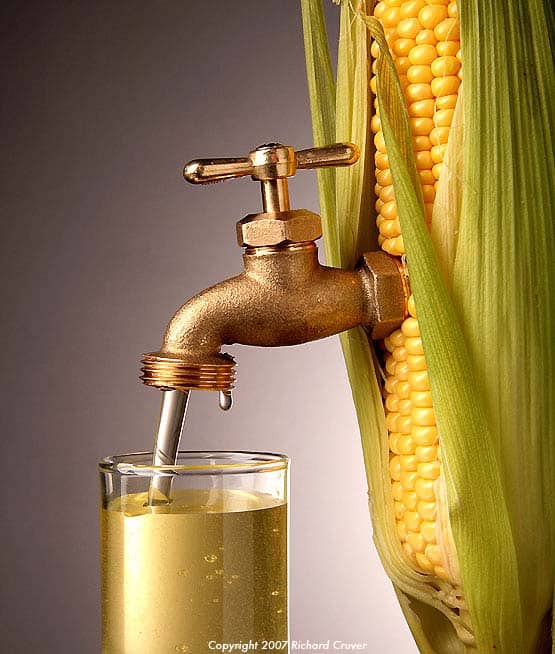RAM Patriot
Ram Guru
I have used 87 and 90 non-ethanol in my truck.Good afternoon all... New Ram 1500 owner. 2020 Rebel with Rebel Level 2 Equipment Group. 5.7 Hemi. Granite Crystal.
I've read the owner's manual and this thread and I am aware of the 89 octane recommended vs 87 acceptable from Ram. I live in a high mountain town where our fuel options are 85, 87, or 91 ethanol, or 87 or 91 non-ethanol. Suppose I am lazy and I don't want to mix to 91 and 87 to get 89... What grade would you use? 87 or 91 and I prefer non-ethanol.
Note, I exclusively used 87 non-ethanol in my 2012 Ford F-150 Ecoboost this Ram replaced. The mileage difference vs ethanol was noticeable in that truck.
Also note, no gas stations here have non-e 87 or 91 at the same pump. I'd have to fill half at one station and the other half at another station... PITA.
Thanks for the input.
The truck runs better, stays in ECO mode and gets better gas mileage with the 90 octane.
I would use the 91 octane...












